Pathology Microbiology And Immunology
-
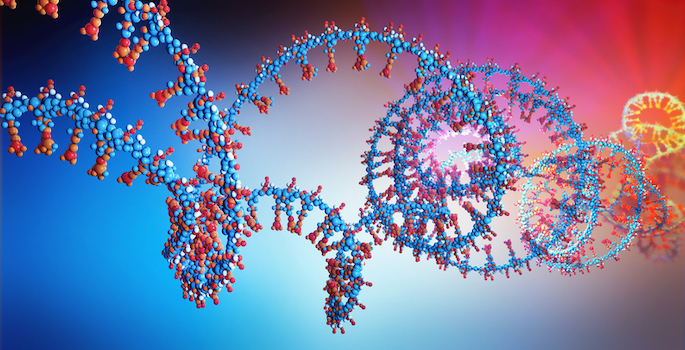
Cellular antiviral defenses
A cellular RNA quality control mechanism was known to restrict replication of RNA viruses. Vanderbilt researchers have discovered it is also antiviral against DNA viruses. Read MoreJul 23, 2020
-

“Nur” target may aid arthritis treatment
Vanderbilt immunologists have discovered that the protein Nur77 is part of a control mechanism that guards against autoimmunity in natural killer T cells. Read MoreJul 13, 2020
-

Recurrent UTIs linked to hidden reservoir
Bacterial invasion of vaginal cells sets up a protective niche and a reservoir for recurrent urinary tract infections, Vanderbilt researchers demonstrated. Read MoreJul 9, 2020
-
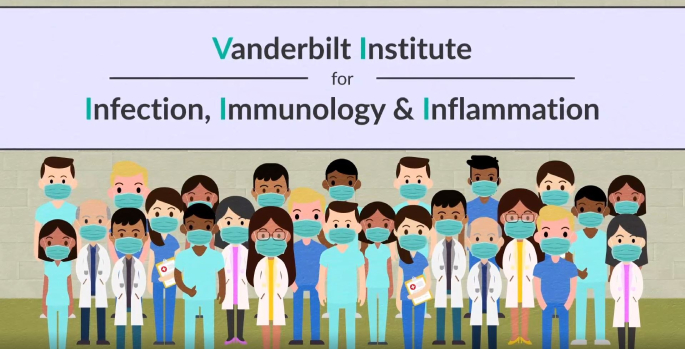
New space bolsters infectious disease and immunology discovery
The Vanderbilt Institute for Infection, Immunology and Inflammation (VI4) recently moved into its new research and administrative home. Read MoreJul 9, 2020
-
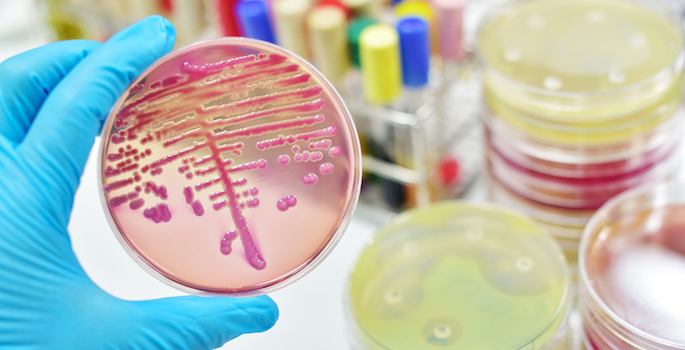
Staph’s activation of blood clotting
Staph bacteria may change the factor they use to activate blood clotting — to evade the immune response — a new study suggests. Read MoreJun 9, 2020
-

Team uses imaging to study ways the heart is affected by coronavirus
Researchers are using imaging and diagnostic pathology to examine postmortem hearts donated by victims of COVID-19 to gain a better understanding of how the coronavirus that causes COVID-19 affects the heart. Read MoreMay 21, 2020
-

Probing innate immunity
Manuel Ascano team validates an inhibitor of the cGAS-STING signaling pathway, which is important for cellular innate immunity against bacteria, viruses, and our own damaged DNA. Read MoreMay 19, 2020
-

Antibodies eye Pacific Island “fever”
Vanderbilt Vaccine Center team isolates monoclonal antibodies against the mosquito-borne Ross River virus, which causes rash, fever and debilitating muscle and joint pain lasting three to six months. Read MoreMay 14, 2020
-
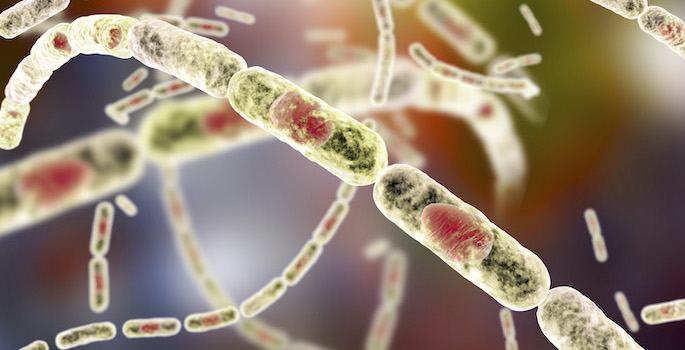
The adaptable anthrax bacterium
Vanderbilt researchers discover how anthrax bacterium defends itself against structural damage and resists the toxicity of the antimicrobial drug targocil. Read MoreMay 14, 2020
-

New method captures early viral-host protein interactions
Researchers have developed a method to identify the primary interactions between incoming viral RNA genomes and host proteins. Read MoreMay 7, 2020
-
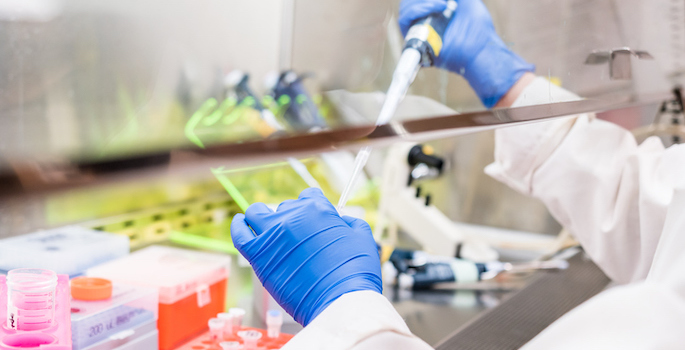
Antibody finding raises hopes for Marburg, COVID-19 treatments
Monoclonal antibodies against Marburg virus — a more lethal cousin of the RNA virus that causes COVID-19 — may aid in the development of antibody "cocktails" to counter viral infection. Read MoreApr 30, 2020
-

Research team awarded $9 million to study extracellular RNA in colorectal cancer
A multidisciplinary team of investigators at Vanderbilt University and Vanderbilt University Medical Center has received a program project grant from the National Cancer Institute to explore extracellular RNA in colorectal cancer. Read MoreApr 15, 2020
-

Looking through MudPIT for protein interactions
The identification of novel protein interactions and sites of modification in proteins involved in mRNA translation adds to understanding of a process that is an important therapeutic target. Read MoreFeb 25, 2020
-
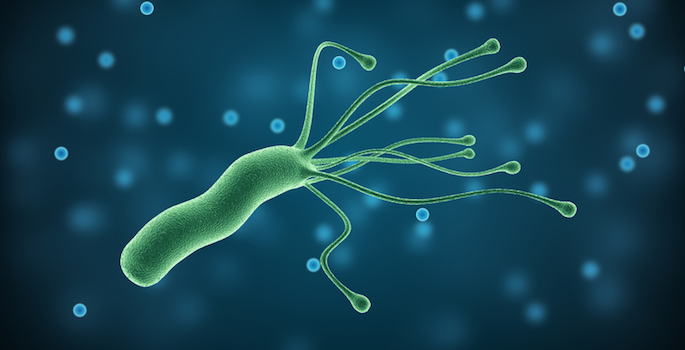
Powering H. pylori pathogenesis
Timothy Cover and colleagues report new insights into the sources of energy used by a bacterial “machine” linked to the pathogenesis of stomach cancer. Read MoreFeb 6, 2020
-

Zinc uptake by a deadly pathogen
The increasingly antibiotic-resistant bacterium Acinetobacter baumannii requires zinc to cause infection, and Vanderbilt researchers have identified the zinc uptake system it uses. Read MoreJan 13, 2020
-
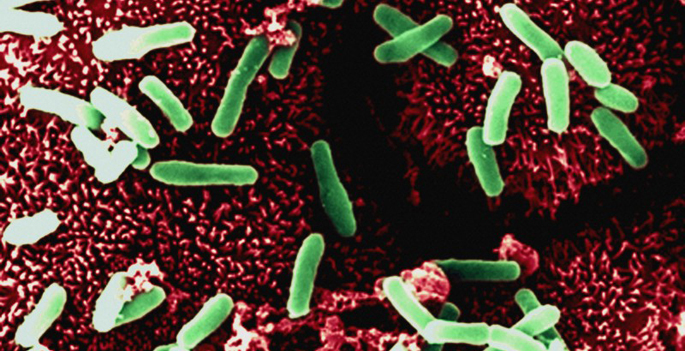
Structural views of a C. diff toxin
D. Borden Lacy and colleagues used cryo-electron microscopy to define the structure of a C. diff toxin, providing a framework for the design of novel therapeutics. Read MoreJan 10, 2020
-
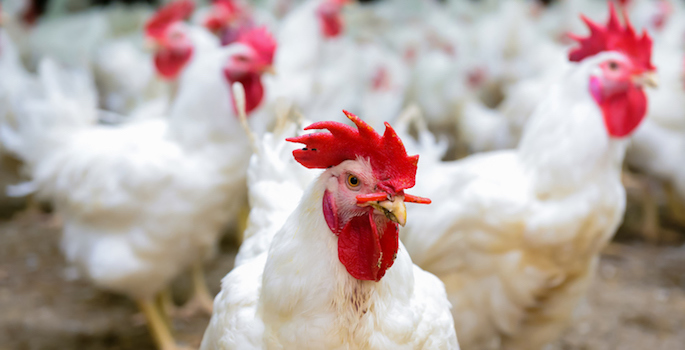
VUMC-led team isolates antibody that blocks bird flu
VUMC scientists are redoubling their efforts to help people fight off bird flu. Their focus is H7N9, one of the most dangerous of the influenza viruses that have been transmitted from birds to humans. Read MoreDec 12, 2019
-

New tool may speed antibody, vaccine research
Antibody discovery and vaccine development research may be on the verge of rapidly expanding with data that previously took decades to acquire, thanks to LIBRA-seq, a new tool developed by Vanderbilt University researchers and their colleagues. Read MoreDec 12, 2019
-

Imaging host-pathogen battle for metal
An unprecedented view of bacterial products within infected tissues opens new opportunities to explore infection biology and devise novel therapeutic strategies. Read MoreOct 31, 2019
-

Less inflammation = better healing
Immune cells that produce an anti-inflammatory factor are enriched in fat tissue around the heart and may be good targets to improve heart attack outcomes. Read MoreOct 17, 2019